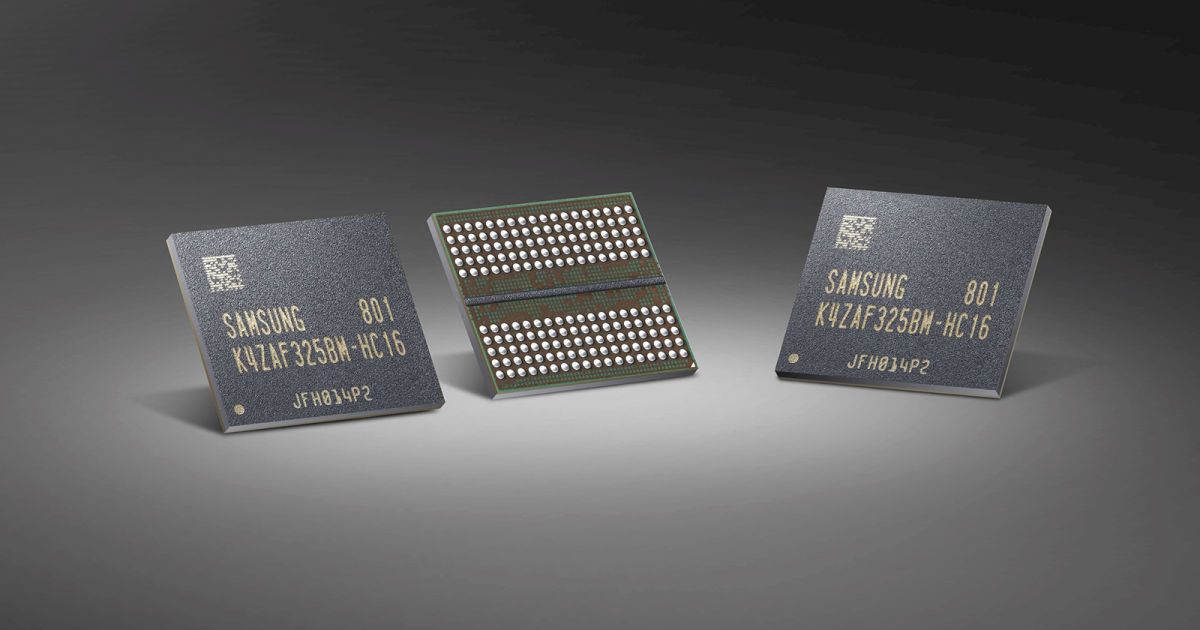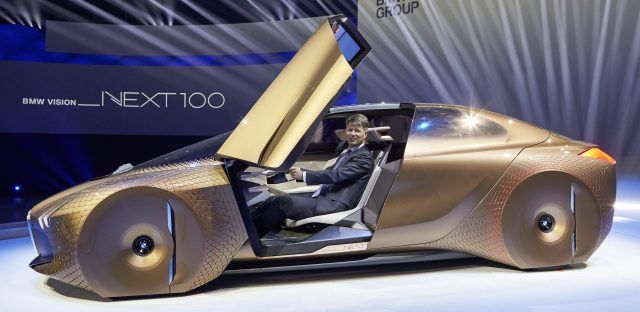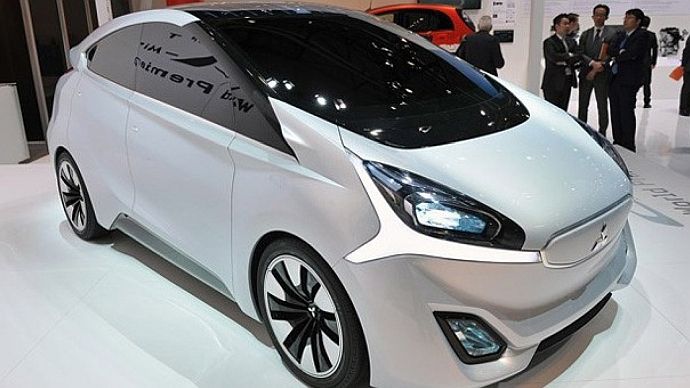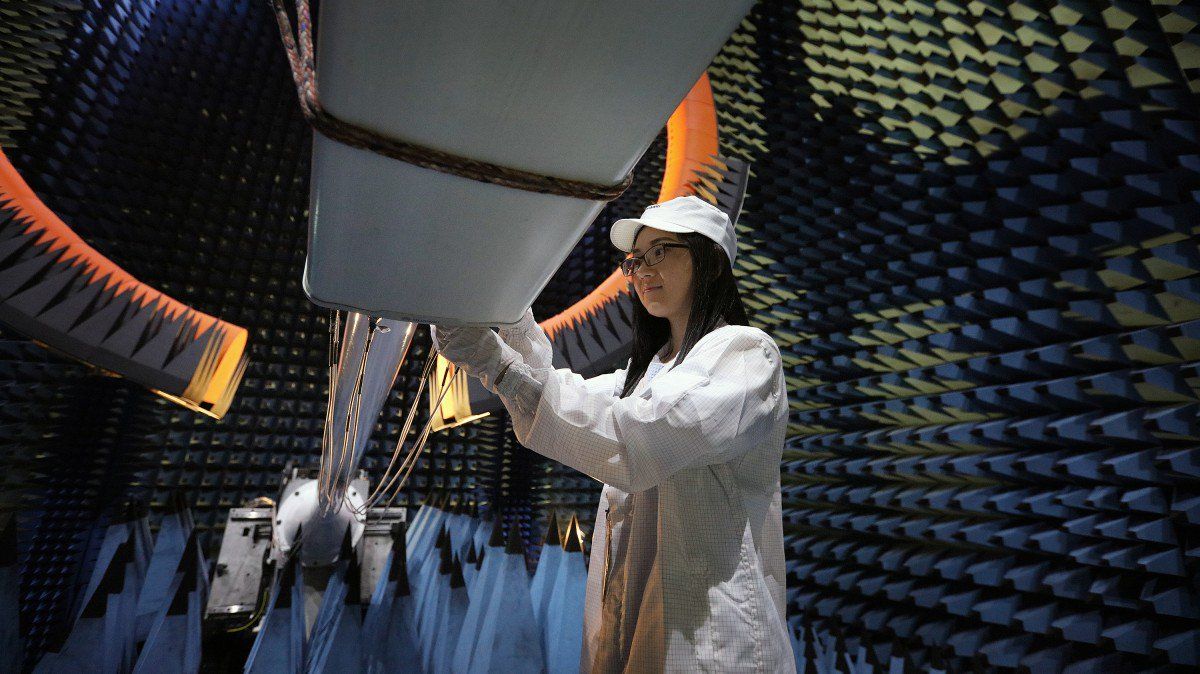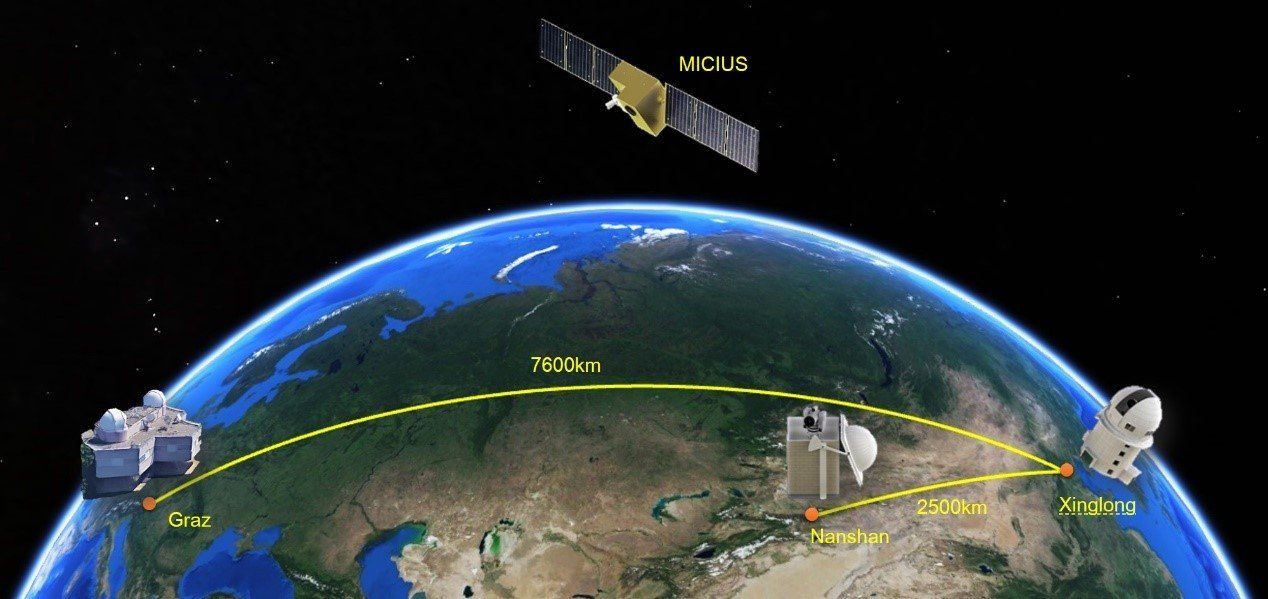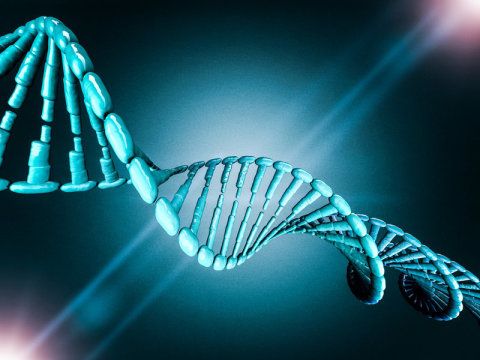MIT researchers have developed hardware that uses electric fields to move droplets of chemical or biological solutions around a surface, mixing them in ways that could be used to test thousands of reactions in parallel.
The researchers view their system as an alternative to the microfluidic devices now commonly used in biological research, in which biological solutions are pumped through microscopic channels connected by mechanical valves. The new approach, which moves solutions around in computationally prescribed patterns, could enable experiments to be conducted more efficiently, cost-effectively, and at larger scales.
“Traditional microfluidic systems use tubes, valves, and pumps,” says Udayan Umapathi, a researcher at the MIT Media Lab, who led the development of the new system. “What this means is that they are mechanical, and they break down all the time. I noticed this problem three years ago, when I was at a synthetic biology company where I built some of these microfluidic systems and mechanical machines that interact with them. I had to babysit these machines to make sure they didn’t explode.”

